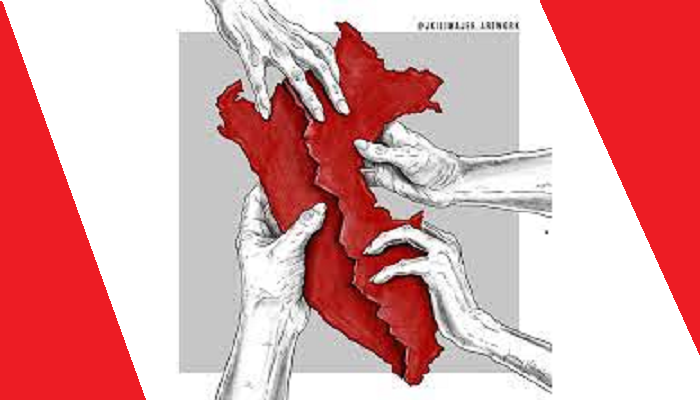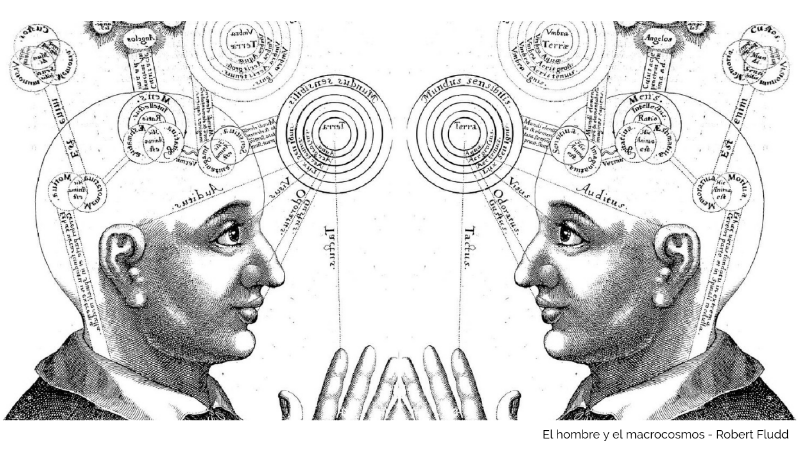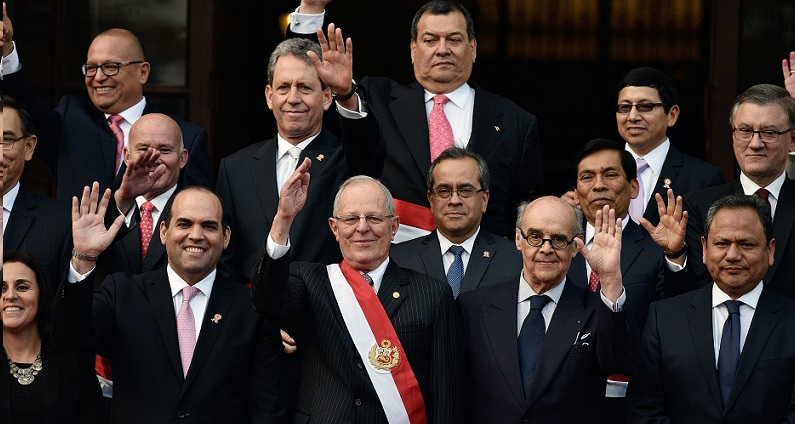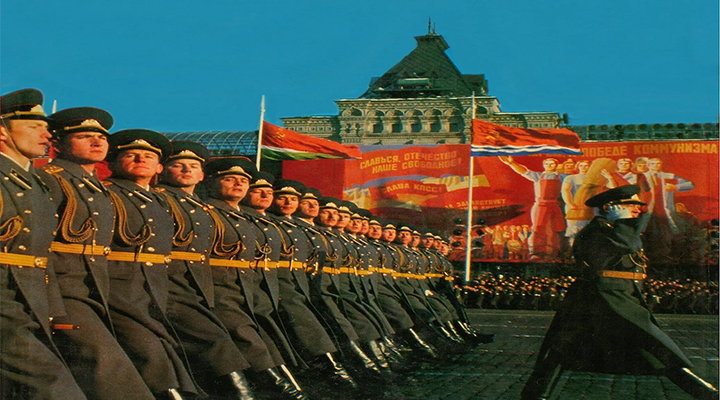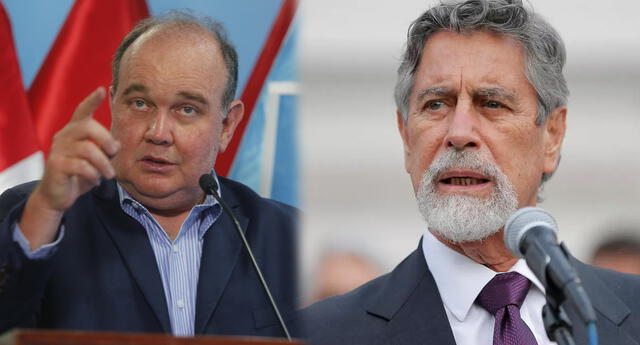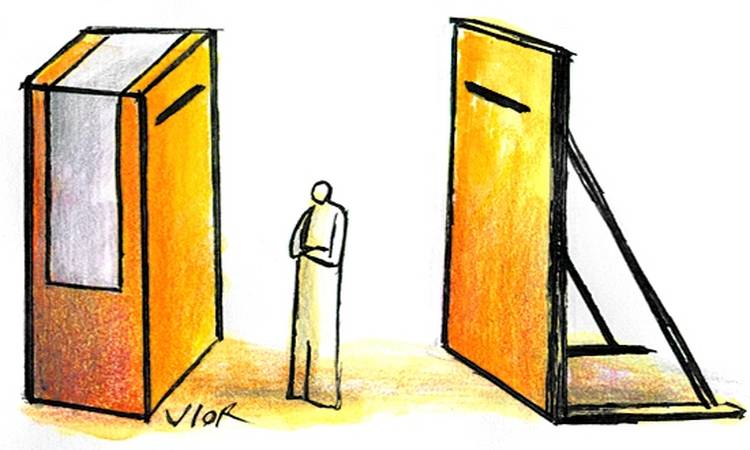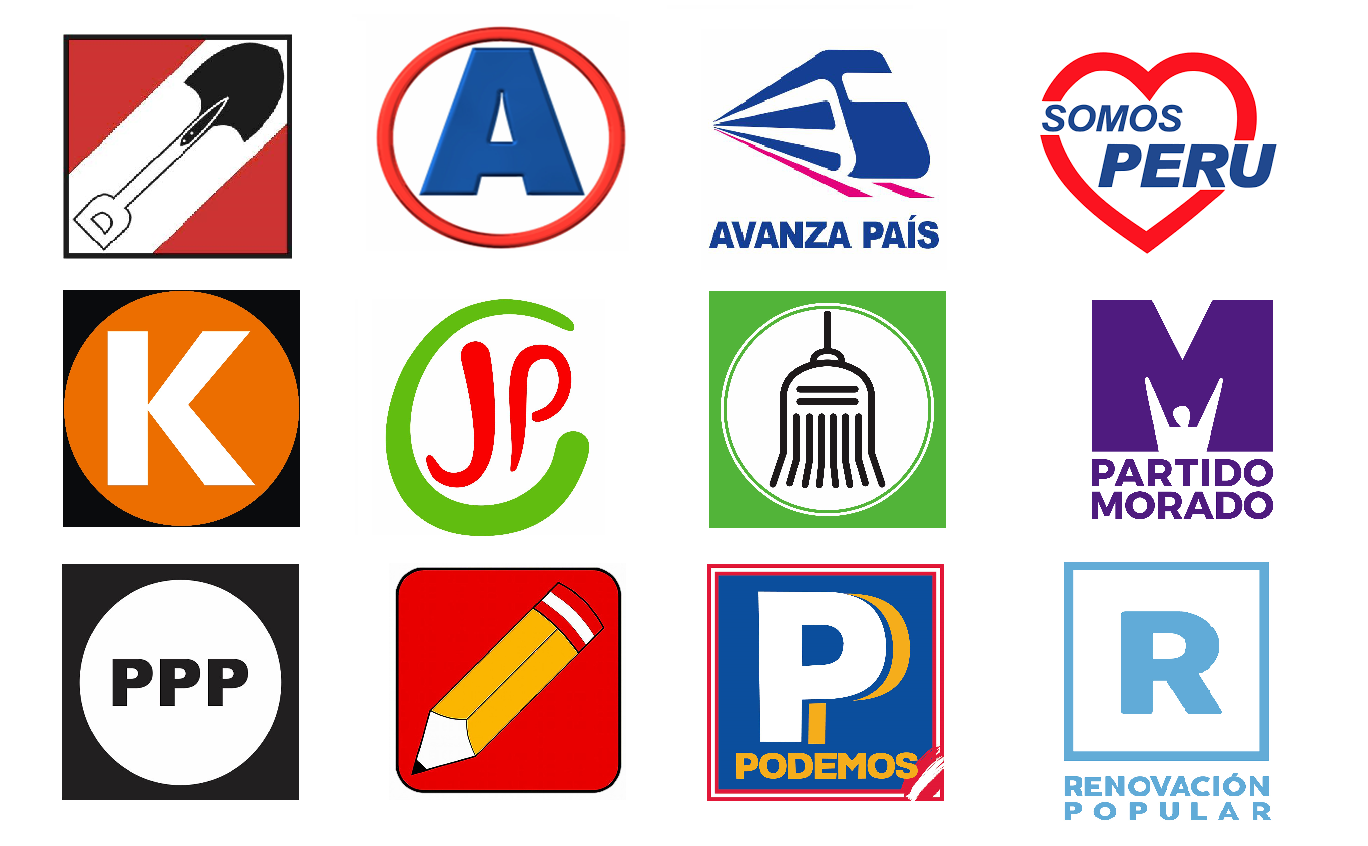ANALYSIS AND POLITICAL THEORY
The Myth of Geographical Determinism
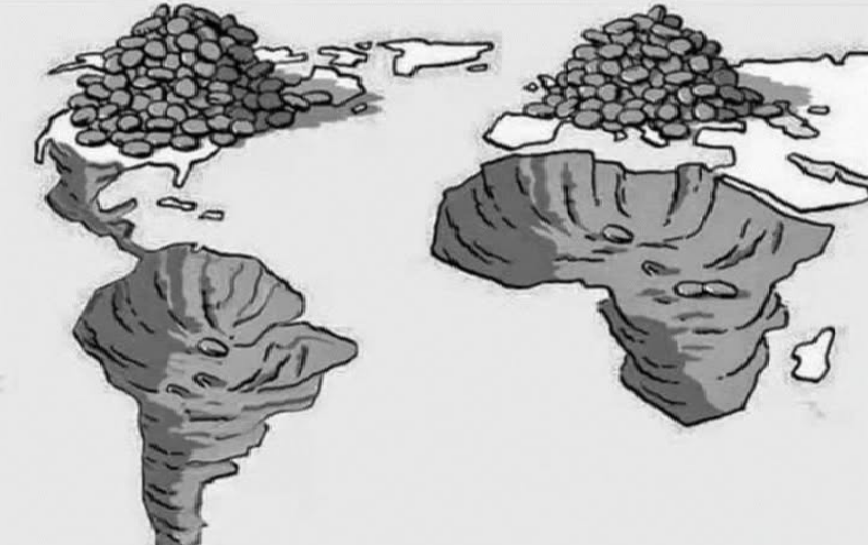
Por: ()
Living in a mansion doesn’t make anyone rich, just as living on farmland doesn’t either. Sleeping on a mountain of gold is useless if you can't eat from it. False wealth is the belief that "a country is rich when it has natural resources." Well, all—yes, all—of the world’s poor countries are abundant in these resources, and they all scrape the earth to sell them at any cost to rich countries. In contrast, rich countries do not rely on their natural resources, even though they have them in abundance (like China or the USA), but rather on manufacturing and selling goods to poor countries. In other words, in the modern world, wealth belongs only to those who process things, while poverty is the fate of those who sell them as they are. However, despite the fact that this 19th-century idea, known as geographical determinism, has been discarded by all specialists, in countries like Peru, it continues to be a widely accepted belief, repeated by both the president and teachers in even the most remote schools. "Peru is a rich country because it has a sea, mountains, and a jungle full of natural resources." Lies, lies, lies. We have been lied to for centuries, and they continue to deceive us. Picking up whatever is found on the ground to sell it at any price is the work of beggars and scavengers, not of intelligent beings. And Peruvians have no reason to keep being beggars, repeating absurdities that go against reality and logic. The problem is that this mindset of the poor (because poor people think this way, like poor people) is so deeply ingrained in us that it even appears on our national coat of arms. Since the beginning of the Industrial Age, it has been clear that the source of wealth is labor—the human effort made to secure better living conditions. Sixty years ago, Asian countries were poorer than Peru, but now they belong to the first world because they entered the industrial and technological era. Neither Switzerland nor Japan are "rich" because they have a lot of gold, wood, or fish in their territories. They are rich because they realized that intelligence is how humans obtain what they need. So, if one day a politician is both honest and wise, the first thing they must do is tell the truth: natural resources are useless if all we do is extract and sell them as they are. The modern world does not use them that way. No one uses gold nuggets as currency or tree trunks as chairs; instead, everything is processed and turned into coins or furniture. This is called adding value. Many primary exporters fear that we might change this dogma because they worry about losing their business, but the challenge is to convince them that the use of science and technology will not harm them. It all comes down to changing our mindset and prioritizing intelligence—the rarest and least used quality in our country.
<< False wealth is the belief that 'a country is rich when it has natural resources ...>>
2025-03-07 15:19:25
Visitas: 2645

The Myth of Geographical Determinism
False wealth is the belief that 'a country is rich when it has natural resources
Leer más...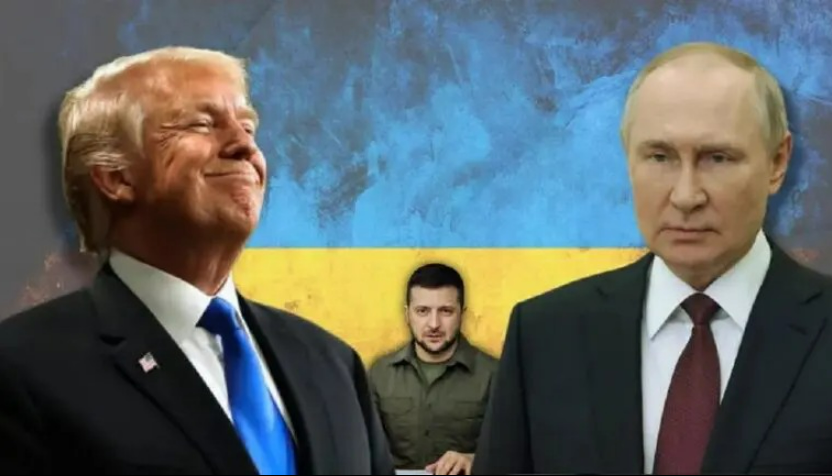
TRUMP BURST THE BUBBLE OF "IDEOLOGIES."
There is no nation, government, or empire that has not negotiated with its mortal enemies when neces...
Leer más...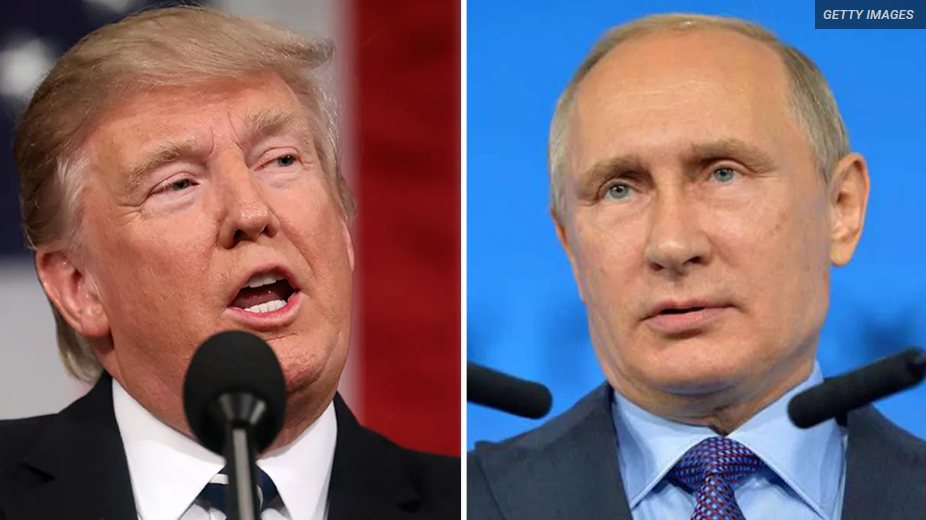
THE WORST DEFEAT FOR EUROPE
In the medium term, they wanted to invade Russia and divide it to take the resources they lack for t...
Leer más...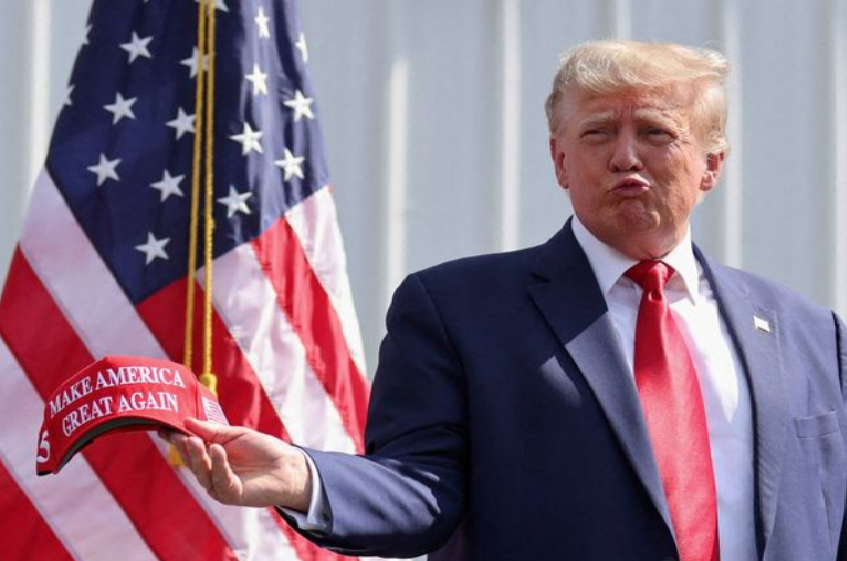
How will Donald Trump's government impact geopolitics?
With Trump in office, the U.S. reorients its policy toward classic economic imperialism and internal...
Leer más...
The End of Woke Culture?
Wokism has deeply permeated the younger generations and has even influenced the older ones. I can at...
Leer más...
Why did Kamala Harris lose?
Kamala Harris had everything in her favor to win the 2024 elections: she did not go through primary ...
Leer más...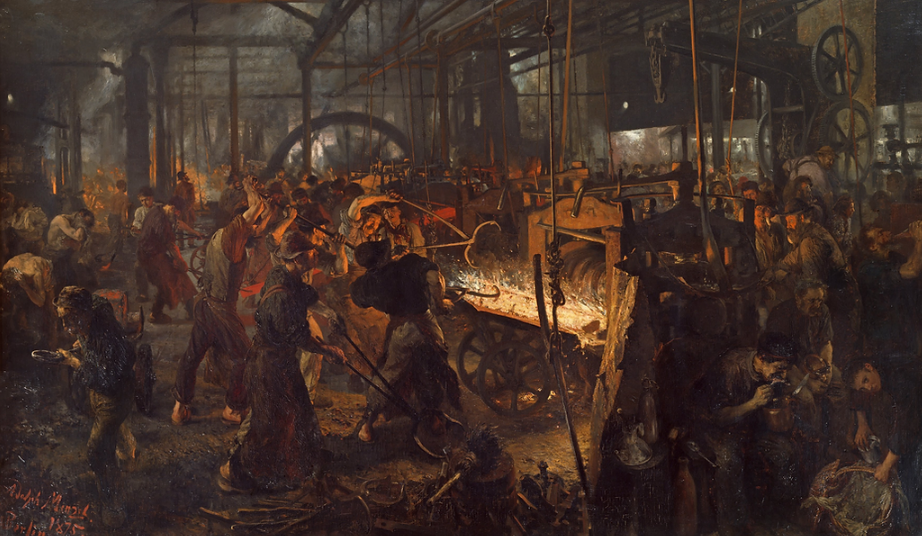
Social and work Constitutionalism: genesis of economic constitutionalism
If for the Liberal State of Law the basic idea was the category of individual, for the Social State ...
Leer más...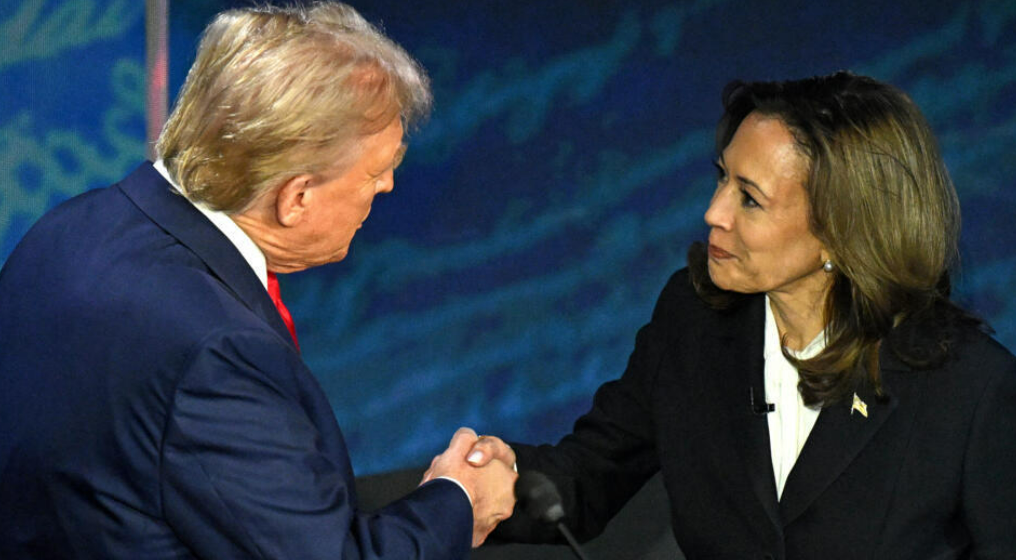
Kamala Harris vs Donald Trump Who won the debate?
The second presidential debate 2024 between Donald Trump vs Kamala Harris
Leer más...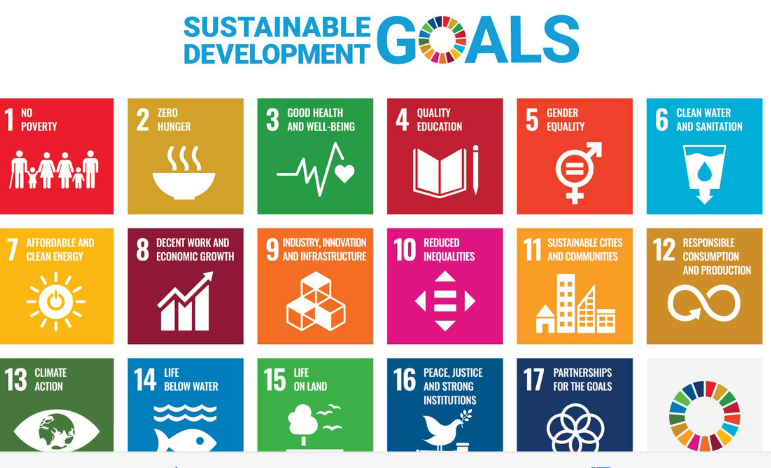
WHY TAKE THE 2030 AGENDA SERIOUSLY?
The 2030 Agenda includes all those problems that today are at hand and can be solved by the great tr...
Leer más...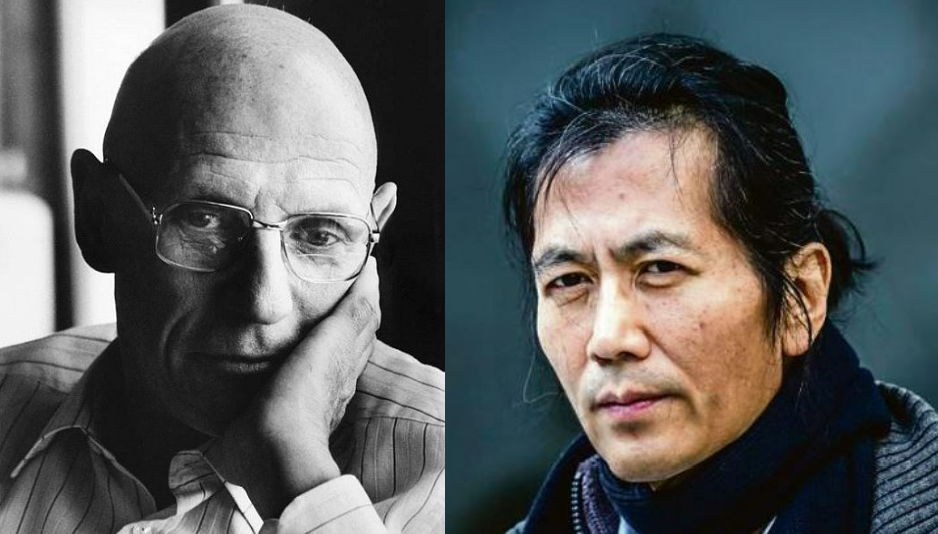
Michel Foucault and Byung-Chul Han en el Perú
Michel Foucault and Byung-Chul and their postulates on biopolitics and psychopolitics
Leer más...
The crisis in Haiti: multidimensional analysis of its causes, consequences and futuro
aggravated since the social outbreak of February 2019, which has become what many today describe - a...
Leer más...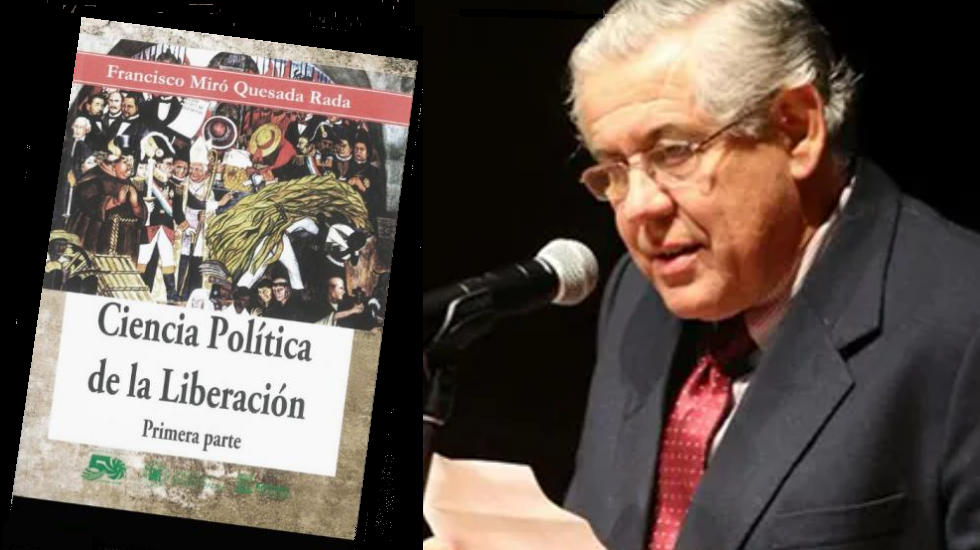
Miró Quesada Rada and the political science of self-liberation
The political science of liberation is a system with diverse sources, typical of social philosophy a...
Leer más...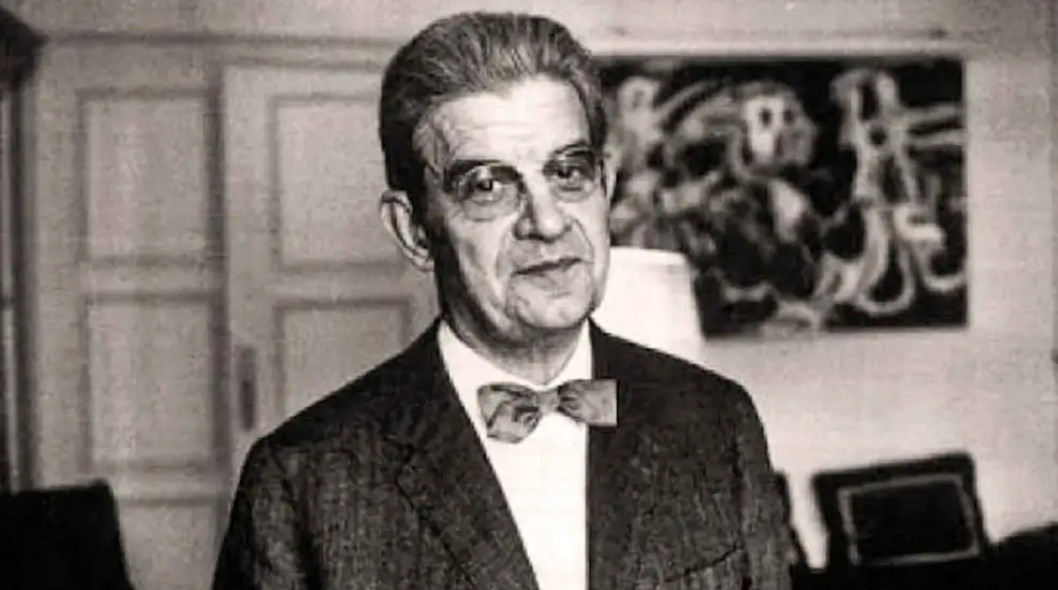
How did Jacques Lacan think?
For Lacan, the fundamental mechanisms of the unconscious are mechanisms of discourse, and are found ...
Leer más...
How did Jacques Lacan think?
For Lacan, the fundamental mechanisms of the unconscious are mechanisms of discourse, and are found ...
Leer más...